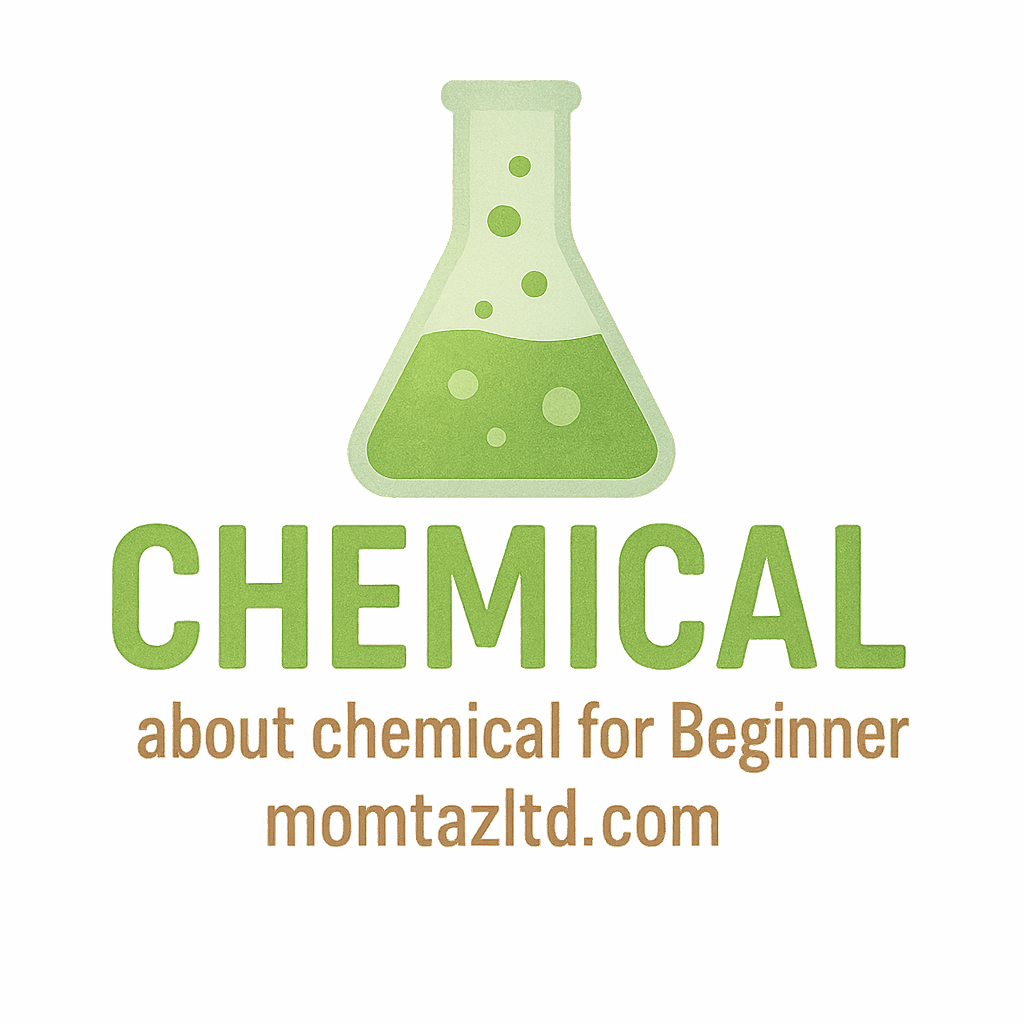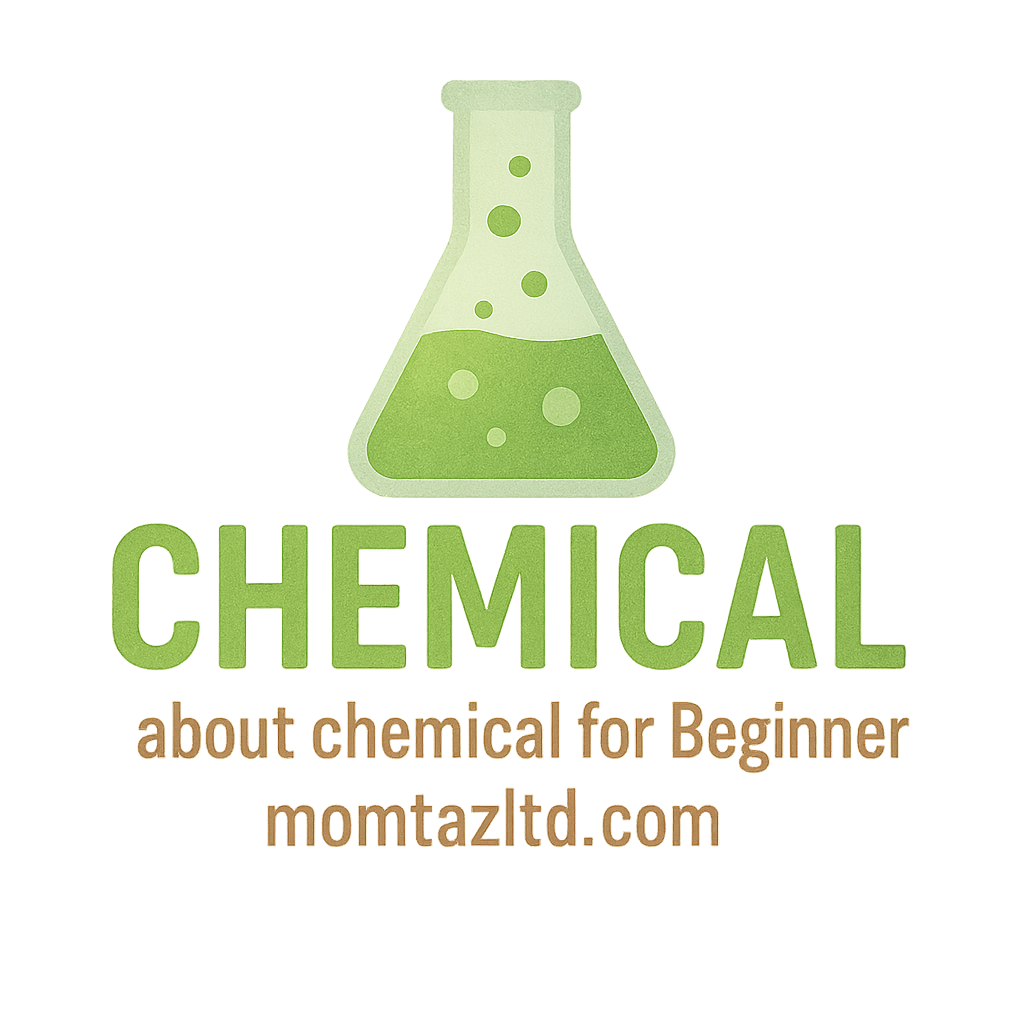Introduction to Cleaning After Beginner Chemistry Experiments
If you’re just starting out in the world of chemistry, experimenting at home or in a beginner lab can be exciting. But here’s the thing: the experiment isn’t over until everything is cleaned up. Proper cleaning after chemical experiments is just as important as the experiment itself. It ensures safety, prevents accidents, and sets the stage for your next project.
In this guide, we’ll break down 8 essential cleaning tips after chemical experiments for beginners. Whether you’re a curious student or someone exploring science as a hobby, these steps will make your journey smoother, safer, and much more enjoyable.
Why Cleaning Matters in Chemistry for Beginners
Cleaning isn’t just about appearances. In chemistry, it’s about avoiding unwanted reactions and keeping your workspace safe. Imagine leaving a little acid residue on a glass beaker and later mixing it with another substance—that’s a recipe for an unexpected (and possibly dangerous) reaction.
Safety First: The Foundation of Proper Cleaning
Think of your cleaning process as the “seatbelt” of chemistry. Even if nothing goes wrong, it’s your safety net.
Preventing Chemical Reactions After Use
By cleaning properly, you ensure that leftover chemicals don’t mix with future experiments. This keeps your results accurate and your space safe.
Cleaning Tip #1: Wear the Right Protective Gear
Never start cleaning without gearing up.
Gloves, Goggles, and Lab Coats
Protective gloves keep your hands safe from direct contact. Goggles shield your eyes from splashes, and a lab coat or apron prevents your clothes from absorbing harmful residues.
Why Beginners Should Never Skip Protection
Even household chemicals can cause burns, rashes, or eye irritation. Skipping protection is like biking without a helmet—you might get lucky, but why risk it?
Cleaning Tip #2: Neutralize Chemical Residues
You can’t always rinse chemicals away with plain water. Some residues need to be neutralized first.
Understanding Acid-Base Neutralization
For acids, a weak base like baking soda can help. For bases, a mild acid like vinegar can neutralize the residue.
Household Neutralizers You Can Use Safely
- Baking soda for acidic spills
- Vinegar for alkaline residues
- Diluted lemon juice as a mild neutralizer
Always test carefully with small amounts.
Cleaning Tip #3: Use the Right Disposal Containers
Throwing everything down the drain isn’t safe.
Separating Solid and Liquid Waste
Solids should go into designated chemical waste containers. Liquids need to be stored in sealed, labeled containers until proper disposal.
Following Local Chemical Disposal Rules
Check your community’s rules for chemical waste. Many towns have drop-off points for hazardous waste.
For more guidance, check resources at MOMTAZ LTD Chemical Basics.
Cleaning Tip #4: Wash Glassware Correctly
Your beakers, flasks, and test tubes deserve proper care.
Using Soap and Distilled Water
Rinse thoroughly with warm water and mild soap, then finish with distilled water to prevent mineral buildup.
When to Avoid Mixing Cleaning Agents
Never mix bleach with ammonia-based cleaners—it creates toxic gas. Beginners should stick with simple cleaning solutions.

Cleaning Tip #5: Wipe Surfaces Thoroughly
Your workspace matters as much as your tools.
Preventing Cross-Contamination in Future Experiments
Even a drop of leftover chemical can ruin your next test.
Safe Cleaning Solutions for Lab Benches
Use diluted vinegar or mild alcohol solutions for benches and tables. Avoid harsh cleaners that could react with residues.
Cleaning Tip #6: Store Chemicals Safely After Experiments
Cleaning also means putting everything back in order.
Proper Labeling and Storage Containers
Never store chemicals in unlabeled bottles. Use proper lids, tight seals, and labels with the name and hazard warning.
Avoiding Accidental Chemical Reactions in Storage
Some chemicals can’t be stored together. For example, acids and bases should always be kept apart. Learn more at MOMTAZ LTD Chemical Storage.
Cleaning Tip #7: Ventilate the Area Well
Fresh air is your best friend when cleaning.
Importance of Fresh Air in Chemical Safety
Chemical fumes can linger in the air long after your experiment ends.
Tools for Improving Ventilation at Home Labs
- Open windows and doors
- Use a small fan to direct air outside
- Consider a fume hood for frequent experiments
Cleaning Tip #8: Keep a Post-Cleaning Checklist
Stay consistent by building habits.
Double-Checking Waste Disposal and Surface Safety
Before you leave the lab, check that waste is sealed, surfaces are wiped, and tools are clean.
How Beginners Build Good Habits
This checklist becomes second nature, making each experiment safer and more organized.
Common Beginner Mistakes in Cleaning After Experiments
Even with good intentions, mistakes happen.
Forgetting to Neutralize Residues
Water alone won’t always make chemicals safe.
Using the Wrong Cleaning Solutions
Harsh cleaners can react with residues and make the situation worse.
How Cleaning Connects to Chemical Safety
Cleaning isn’t an afterthought—it’s part of the experiment.
Building Confidence for Future Experiments
When your workspace is spotless, you’re ready to experiment again with confidence.
Preventing Chemical Accidents
Good cleaning habits drastically reduce the chance of spills, burns, or reactions. See more insights at MOMTAZ LTD Chemical Safety.
Additional Resources for Beginner Chemistry Cleaning
Want to go deeper?
Learning from Experts and Chemical Scientists
Check out MOMTAZ LTD Chemical Scientists for inspiration and safety practices.
Recommended Guides and Tutorials
Explore Beginner Chemistry Resources and Learn from Experts to strengthen your knowledge.
Conclusion
Cleaning after chemical experiments isn’t just about tidiness—it’s about safety, preparation, and building confidence as a beginner chemist. By following these 8 cleaning tips, you protect yourself, your workspace, and your future experiments.
Whether you’re just starting in chemistry or planning to dive deeper into industrial or laboratory chemicals (see MOMTAZ LTD Laboratory Chemicals), these steps will keep you safe and inspired.
FAQs
1. Can I pour all chemical waste down the sink after an experiment?
No, not all chemicals are safe for drains. Always separate and follow local disposal guidelines.
2. Do I really need goggles if I’m only working with household chemicals?
Yes! Even mild chemicals can splash and cause eye damage.
3. What’s the best way to clean glassware after an experiment?
Use mild soap and warm water, then rinse with distilled water.
4. How do I know which chemicals should not be stored together?
Follow chemical safety charts or visit MOMTAZ LTD Industrial Chemicals for more guidance.
5. Can vinegar and baking soda clean up all residues?
They help neutralize many residues, but always check what chemical you used before applying them.
6. Why is ventilation so important after experiments?
Because fumes can remain in the air, affecting your health if inhaled.
7. What should I include in my post-cleaning checklist?
Check tools, surfaces, chemical storage, and waste disposal before leaving your workspace.


